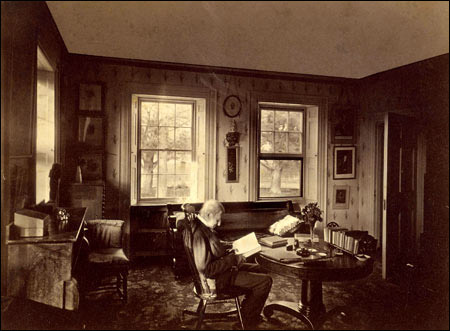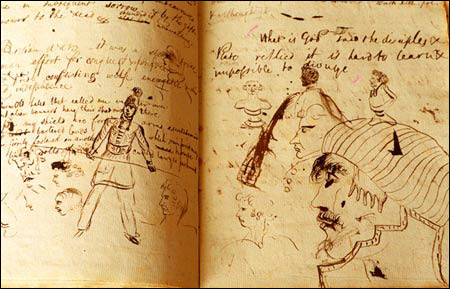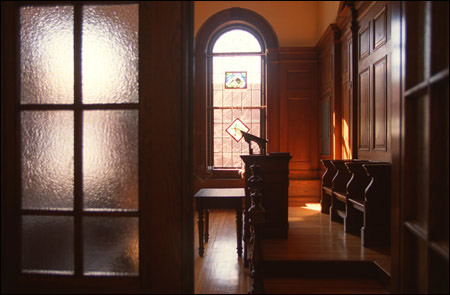Emerson’s words continue to inspire

The American Scholar:
An oration delivered before
the Phi Beta Kappa Society,
at Cambridge, August 31 1837
Books are for the scholar’s idle times. When he can read God directly, the hour is too precious to be wasted in other men’s transcripts of their readings. But when the intervals of darkness come, as come they must, — when the sun is hid, and the stars withdraw their shining, — we repair to the lamps which were kindled by their ray, to guide our steps to the East again, where the dawn is.
The world of any moment is the merest appearance. Some great decorum, some fetish of a government, some ephemeral trade, or war, or man, is cried up by half mankind and cried down by the other half, as if all depended on this particular up or down. The odds are that the whole question is not worth the poorest thought which the scholar has lost in listening to the controversy. Let him not quit his belief that a popgun is a popgun, though the ancient and honorable of the earth affirm it to be the crack of doom.
I look upon the discontent of the literary class, as a mere announcement of the fact, that they find themselves not in the state of mind of their fathers, and regret the coming state as untried; as a boy dreads the water before he has learned that he can swim.
The world is nothing, the man is all; in yourself is the law of all nature, and you know not yet how a globule of sap ascends; in yourself slumbers the whole of Reason; it is for you to know all, it is for you to dare all.

If the single man plant himself indomitably on his instincts, and there abide, the huge world will come round to him.
Divinity School address
delivered before the senior class
in Divinity College, Cambridge, July 15, 1838
That is always best which gives me to myself. The sublime is excited in me by the great stoical doctrine, Obey thyself. That which shows God in me, fortifies me. That which shows God out of me, makes me a wart and a wen.
The man on whom the soul descends, through whom the soul speaks, alone can teach. Courage, piety, love, wisdom, can teach; and every man can open his door to these angels, and they shall bring him the gift of tongues. But the man who aims to speak as books enable, as synods use, as the fashion guides, and as interest commands, babbles. Let him hush.

The faith should blend with the light of rising and of setting suns, with the flying cloud, the singing bird, and the breath of flowers. But now the priest’s Sabbath has lost the splendor of nature; it is unlovely; we are glad when it is done.
It seemed strange that the people should come to church. It seemed as if their houses were very unentertaining, that they should prefer this thoughtless clamor.
But with whatever exception, it is still true, that tradition characterizes the preaching of this country; that it comes out of the memory, and not out of the soul; that it aims at what is usual, and not at what is necessary and eternal; that thus, historical Christianity destroys the power of preaching, by withdrawing it from the exploration of the moral nature of man, where the sublime is, where are the resources of astonishment and power.
See how nations and races flit by on the sea of time, and leave no ripple to tell where they floated or sunk, and one good soul shall make the name of Moses, or of Zeno, or of Zoroaster, reverend forever.
For all our penny-wisdom, for all our soul-destroying slavery to habit, it is not to be doubted, that all men have sublime thoughts; that all men value the few real hours of life; they love to be heard; they love to be caught up into the vision of principles.




